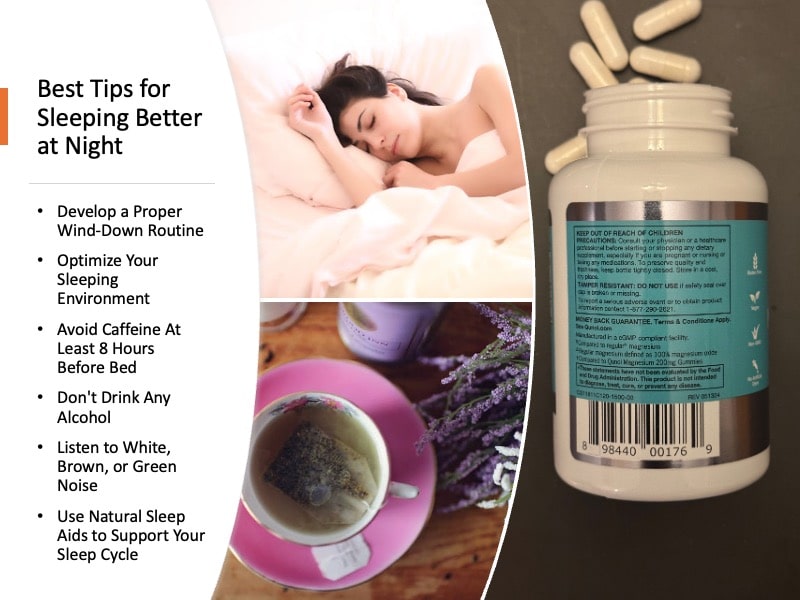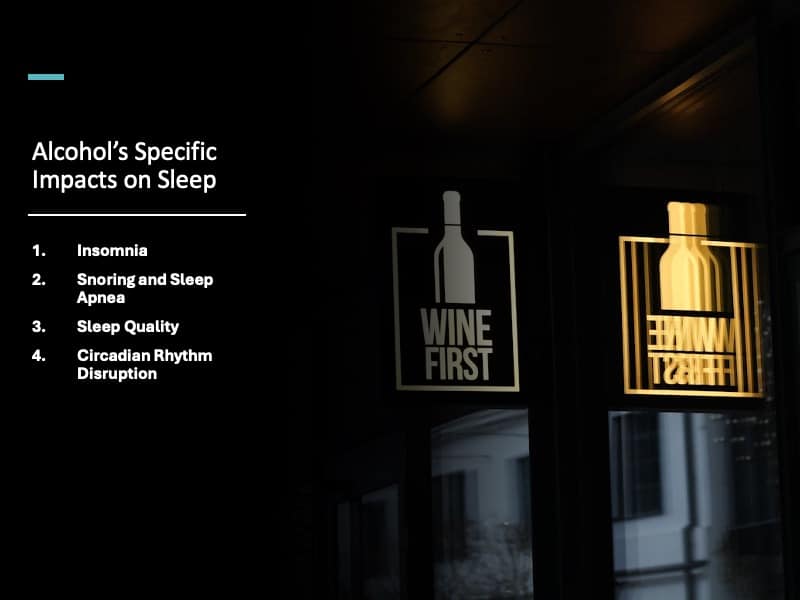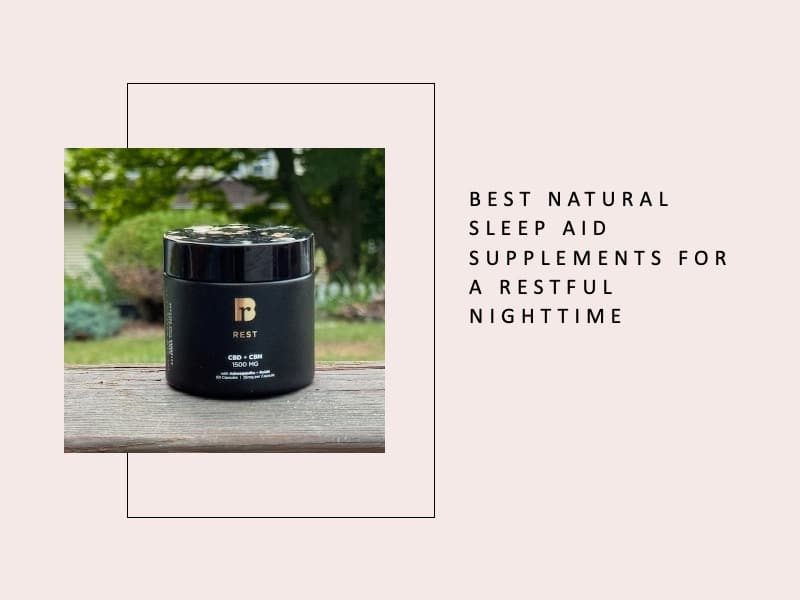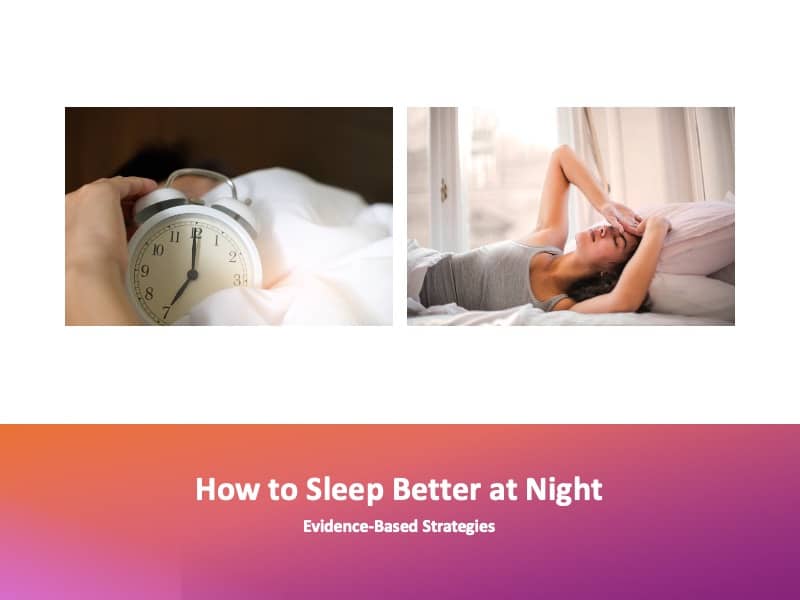How to Sleep Better at Night: Evidence-Based Strategies
Quality sleep is one of the most critical pillars of overall health. It supports cognitive function, metabolism, immune regulation, and emotional well-being.
Studies indicate that sleep is essential for memory consolidation, hormonal balance, and maintaining metabolic health (Grandner et al., 2017).
Additionally, emerging research highlights how sleep plays a direct role in immune system regulation.
Sleep and circadian rhythms influence immune function, affecting the body’s ability to defend against infections and inflammation (Ferreira et al., 2025).
Disruptions in circadian patterns and irregular sleep schedules can compromise immune responses, increasing the risk of chronic illnesses.
Despite sleep’s profound impact on health, many people struggle to achieve high-quality, restorative sleep.
Factors such as stress, poor lifestyle habits, and an unsuitable sleep environment contribute to widespread sleep issues.
Implementing science-backed strategies can help you get a better sleep at night, leading to better cognitive performance, mood stability, and physical health.
Why Sleep is Essential for Health
Sleep is a biologically programmed state that facilitates recovery, mental clarity, and physiological balance.
It plays a key role in regulating glucose and lipid metabolism, blood pressure, and eating behaviors (Ferreira et al., 2025).
Additionally, sleep is crucial for immune system function.
Research demonstrates that individuals with consistent sleep patterns exhibit stronger immune responses and better resistance to infections (Ferreira et al., 2025).
Conversely, sleep deprivation and circadian misalignment weaken immune defenses, making individuals more susceptible to illness and inflammation.
Furthermore, sleep impacts hormonal regulation and energy metabolism.
Poor sleep quality has been linked to an increased risk of obesity, metabolic disorders, and cardiovascular diseases (Walker, 2017).
Sleep deprivation also disrupts stress-related hormones such as cortisol, which can contribute to heightened anxiety and reduced cognitive function (Grandner et al., 2017).
Furthermore, sleep and fitness also go hand in hand, as athletes and physically active individuals particularly benefit from optimized sleep since it enhances muscle recovery, reduces injury risk, and supports athletic performance (Fullagar et al., 2015).
By prioritizing quality sleep, individuals can improve both short-term well-being and long-term health outcomes.
Best Tips for Sleeping Better at Night

Achieving high-quality sleep requires a combination of lifestyle adjustments, environmental modifications, and strategic supplementation.
Small changes, such as optimizing your bedtime routine, managing stress levels, and improving your sleep environment, can significantly enhance sleep quality.
Scientific research supports various natural strategies that promote deeper, more restorative sleep, helping you wake up refreshed and energized.
Develop a Proper Wind-Down Routine
A structured nighttime routine helps signal to the body that it’s time to sleep.
Activities such as reading, stretching, and journaling can help reduce mental stress and prepare the body for rest.
Studies suggest that exposure to blue light from screens can suppress melatonin production, delaying sleep onset (Chang et al., 2015).
Turning off electronics at least 60 minutes before bed can improve sleep efficiency.
Incorporating relaxation techniques, such as deep breathing exercises or progressive muscle relaxation, can further ease the transition into sleep.
Dim lighting in the evening, such as using warm-colored bulbs or candlelight, helps align your circadian rhythm with natural sleep-wake cycles.
Additionally, setting a consistent bedtime and wake-up time—even on weekends—reinforces the body’s internal clock, making it easier to fall asleep and wake up feeling refreshed.
Foam Rolling & Mobility Exercises
Foam rolling and mobility work can help relax muscles, relieve tension, and reduce physical stress before sleep.
Research shows that performing self-myofascial release or light stretching in the evening promotes parasympathetic nervous system activity, which promotes relaxation (Beardsley & Škarabot, 2015).
Meditation
Meditation has been shown to reduce stress and improve sleep quality by lowering cortisol levels and activating the parasympathetic nervous system (Goyal et al., 2014).
Mindfulness meditation in particular has been linked to improvements in sleep onset and duration in individuals with insomnia.
Progressive Muscle Relaxation

Progressive muscle relaxation (PMR) involves systematically tensing and relaxing different muscle groups to reduce physical and mental tension.
Studies indicate that PMR can improve sleep latency and quality, especially in people experiencing high stress or anxiety (Toussaint et al., 2021).
priority and implementing these evidence-based techniques, you can improve your overall well-being, boost cognitive function, and enhance physical recovery—ensuring you wake up feeling refreshed and ready for the day ahead.
Drink Herbal Tea to Calm Down Before Bed
Drinking herbal tea in the evening is a simple yet effective way to relax the mind and body before sleep.
Certain herbal teas contain bioactive compounds that promote relaxation by reducing stress hormones, calming the nervous system, and supporting the body’s natural sleep-wake cycle.
Among the most well-researched options, chamomile tea and lavender tea stand out for their sleep-enhancing properties.
Chamomile (Matricaria chamomilla) is widely known for its calming effects and has been used as a natural remedy for insomnia and anxiety for centuries.
Chamomile contains apigenin, a flavonoid that binds to GABA receptors in the brain, producing mild sedative effects (Srivastava et al., 2010).
Clinical studies have demonstrated that chamomile tea can improve sleep quality, reduce sleep latency (the time it takes to fall asleep), and decrease symptoms of generalized anxiety disorder (Zick et al., 2011).
Lavender (Lavandula angustifolia) is another powerful herbal remedy for sleep, known for its soothing aroma and relaxation-promoting compounds.
Lavender contains linalool and linalyl acetate, which have been shown to reduce stress and anxiety while promoting deeper sleep (Koulivand et al., 2013).
Studies have found that consuming lavender tea or using lavender aromatherapy can enhance sleep quality, improve sleep duration, and reduce nighttime awakenings in individuals with sleep disturbances (Chien et al., 2011).
Incorporating herbal teas like chamomile or lavender into a nighttime routine provides a natural, caffeine-free alternative to other evening beverages that may interfere with sleep.
To maximize their benefits, consider drinking herbal tea as part of a relaxing bedtime ritual, such as pairing it with reading or meditation, to enhance the body’s ability to wind down and transition into restful sleep.
Last update on 2025-07-02 / This article includes affiliate links/Images via Amazon Product Advertising API. I may earn commissions on purchases made through these links.
Optimize Your Sleeping Environment
A sleep-friendly environment promotes deeper rest. Key factors include:
- No TV or Screens in the Bedroom: Artificial light exposure before bed can delay melatonin production and impair sleep quality (Cajochen et al., 2011).
- Climate Control: The optimal sleep temperature is between 60-67°F (17-19°C) (Okamoto-Mizuno & Mizuno, 2012).
- Air Purification: Using an air purifier can improve air quality, reducing allergens and respiratory disturbances that may affect sleep (Lamport et al., 2022).
Avoid Caffeine At Least 8 Hours Before Bed
Caffeine has a half-life of approximately 5-6 hours, meaning that consuming coffee, tea, or energy drinks in the afternoon can still affect sleep hours later.
Research indicates that caffeine consumption within six hours of bedtime significantly disrupts sleep quality and duration (Drake et al., 2013).
Switching to herbal teas or non-caffeinated beverages in the evening can help prevent restlessness.
Don’t Drink Any Alcohol

Contrary to popular belief, alcohol does not improve sleep quality.
While it may induce drowsiness, alcohol disrupts REM sleep and can lead to fragmented sleep cycles (Ebrahim et al., 2013).
Even moderate alcohol intake before bed can disrupt your sleep, and has been shown to decrease sleep efficiency and increase nighttime awakenings.
Even drinking red wine before bed, which people used to believe supported sleep, has been shown to have a negative effect on sleep.
Listen to White, Brown, or Green Noise
White noise and other sound therapies help mask background noise and create a soothing sleep environment.
For me, brown noise, which has a deeper frequency than white noise, is particularly effective in improving sleep quality.
Use Natural Sleep Aids to Support Your Sleep Cycle

While lifestyle changes and sleep hygiene practices are essential for better sleep, certain natural sleep aids can further enhance sleep quality by supporting relaxation and regulating the sleep-wake cycle.
Research-backed options like melatonin, magnesium, and herbal adaptogens help promote restful sleep without the side effects of pharmaceutical sleep aids.
These natural remedies work by calming the nervous system, reducing stress hormones, and improving sleep architecture, making them a valuable addition to a well-rounded sleep routine.
Melatonin for Regulating the Sleep-Wake Cycle
Melatonin is a naturally occurring hormone that regulates the sleep-wake cycle.
Supplementing with 1-3mg of melatonin has been shown to improve sleep onset and overall sleep efficiency, especially in individuals with insomnia or jet lag (Ferracioli-Oda et al., 2013).
Magnesium for Relaxation

Taking magnesium for sleep is an excellent idea because magnesium plays a key role in muscle relaxation and nervous system function. Studies show that magnesium supplementation can help improve sleep quality, particularly in people with insomnia (Abbasi et al., 2012).
Magnesium glycinate is often recommended for its calming effects without causing digestive discomfort.
My favorite magnesium supplement is Qunol Magnesium Glycinate (420mg):
Last update on 2025-07-02 / This article includes affiliate links/Images via Amazon Product Advertising API. I may earn commissions on purchases made through these links.
Zinc for Deeper Sleep
Zinc is essential for neurotransmitter function and has been linked to improved sleep regulation. Research suggests that taking zinc before bed enhances sleep efficiency and contributes to longer, uninterrupted sleep (Cherasse & Urade, 2017).
Foods rich in zinc include nuts, seeds, and lean meats, and a diet high in zinc can naturally support zinc.
In my opinion, the best zinc supplement to take before sleep is Rootcha’s Zinc & Magnesium, which combines an effective dose of both zinc and magnesium:
Last update on 2025-07-02 / This article includes affiliate links/Images via Amazon Product Advertising API. I may earn commissions on purchases made through these links.
Tart Cherry for a Natural Melatonin Boost
Tart cherries are one of the few natural sources of melatonin.
Studies have shown that consuming tart cherry juice can increase melatonin levels and improve sleep quality (Howatson et al., 2012).
Drinking a small amount of tart cherry juice 30-60 minutes before bed may support better sleep.
Last update on 2025-07-02 / This article includes affiliate links/Images via Amazon Product Advertising API. I may earn commissions on purchases made through these links.
Ashwagandha for Stress Reduction
Ashwagandha is an adaptogenic herb known for reducing cortisol levels and promoting relaxation.
Clinical trials indicate that ashwagandha supplementation can improve sleep quality and reduce sleep onset latency (Langade et al., 2019).
Taking 250-600mg of ashwagandha extract before bed may enhance sleep.
Last update on 2025-07-02 / This article includes affiliate links/Images via Amazon Product Advertising API. I may earn commissions on purchases made through these links.
CBD & CBN for Sleep Support
CBD and CBN (cannabinol) are natural cannabinoids that interact with the body’s endocannabinoid system to promote relaxation.
Research suggests that CBD may reduce anxiety and improve sleep duration, while CBN has sedative properties that can enhance sleep quality (Shannon et al., 2019).
Products like Raw Botanics REST & Refresh contain a blend of CBD, CBN, and other natural sleep-enhancing compounds.
However, adults should consult a healthcare provider before using these supplements.
Final Thoughts: How to Get a Better Sleep at Night
Improving sleep quality requires a combination of consistent habits, environmental adjustments, and strategic supplementation.
Prioritizing a structured wind-down routine, reducing caffeine and alcohol intake, and optimizing your sleep environment can significantly enhance sleep duration and efficiency.
Incorporating relaxation techniques such as meditation, progressive muscle relaxation, and listening to calming sounds can further support a restful night.
For those needing additional support, natural sleep aids like melatonin, magnesium, tart cherry, and adaptogenic herbs can help regulate sleep cycles and promote deeper relaxation.
However, it’s essential to experiment with different strategies to find what works best for your body.
By making sleep a priority and implementing these evidence-based techniques, you can improve your overall well-being, boost cognitive function, and enhance physical recovery—ensuring you wake up feeling refreshed and ready for the day ahead.
This website does not provide medical advice. This website site does contain affiliate links, and purchases may earn a commission.
Read my Medical Disclaimer, Review Disclaimer, and Publishing Policies for more details. Use of this site indicates acceptance of these terms.








